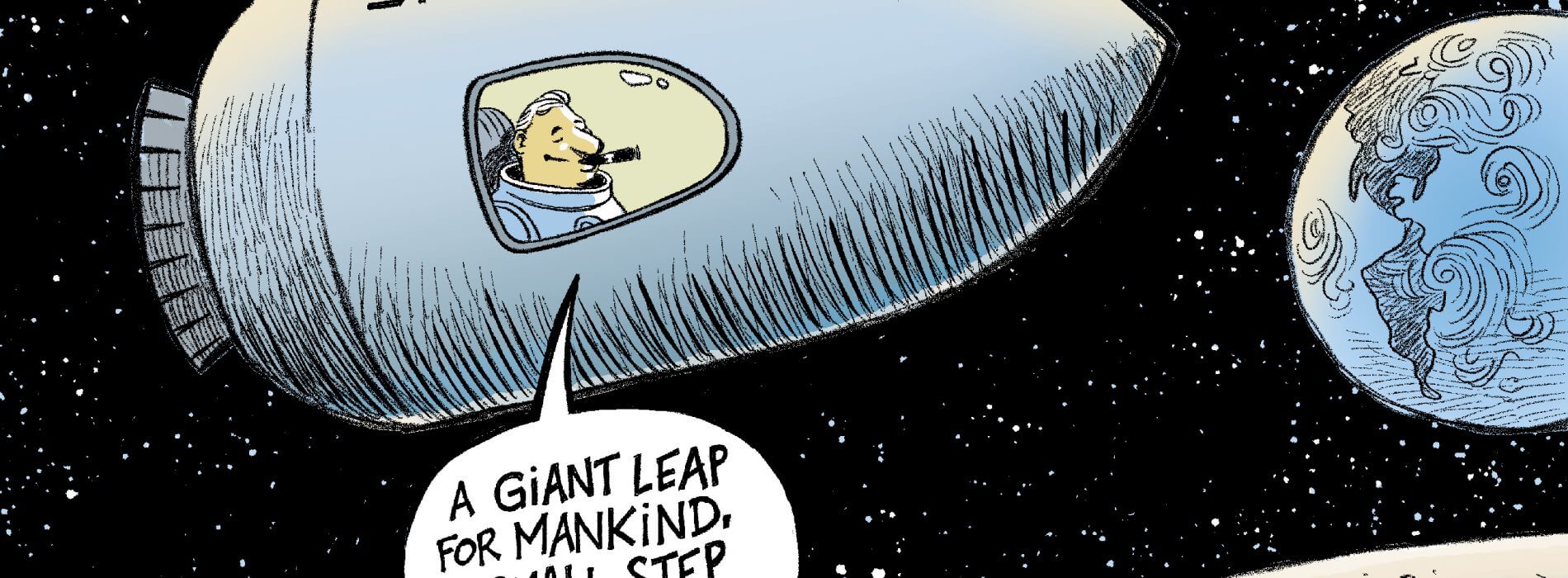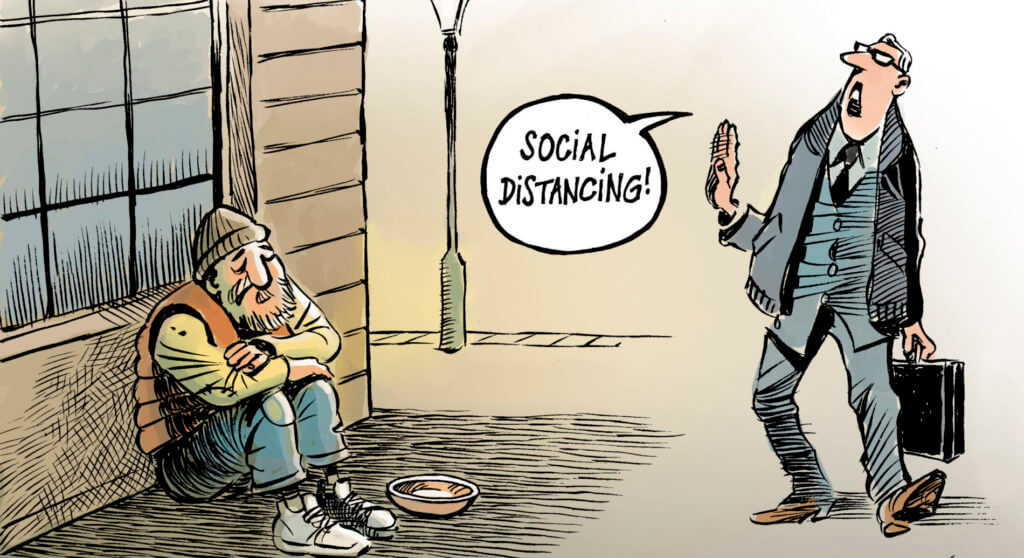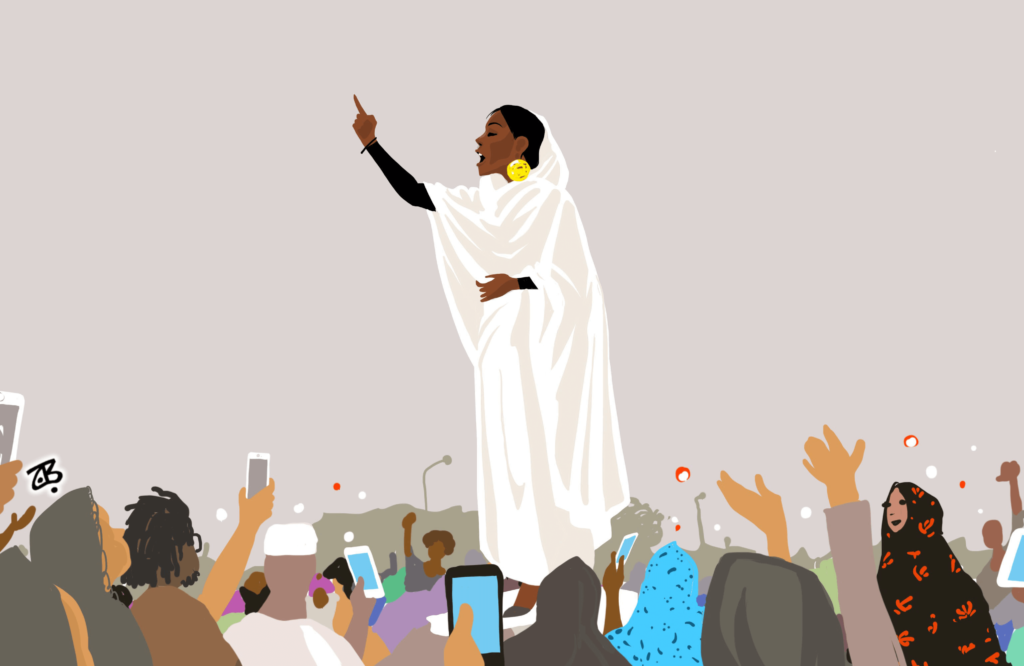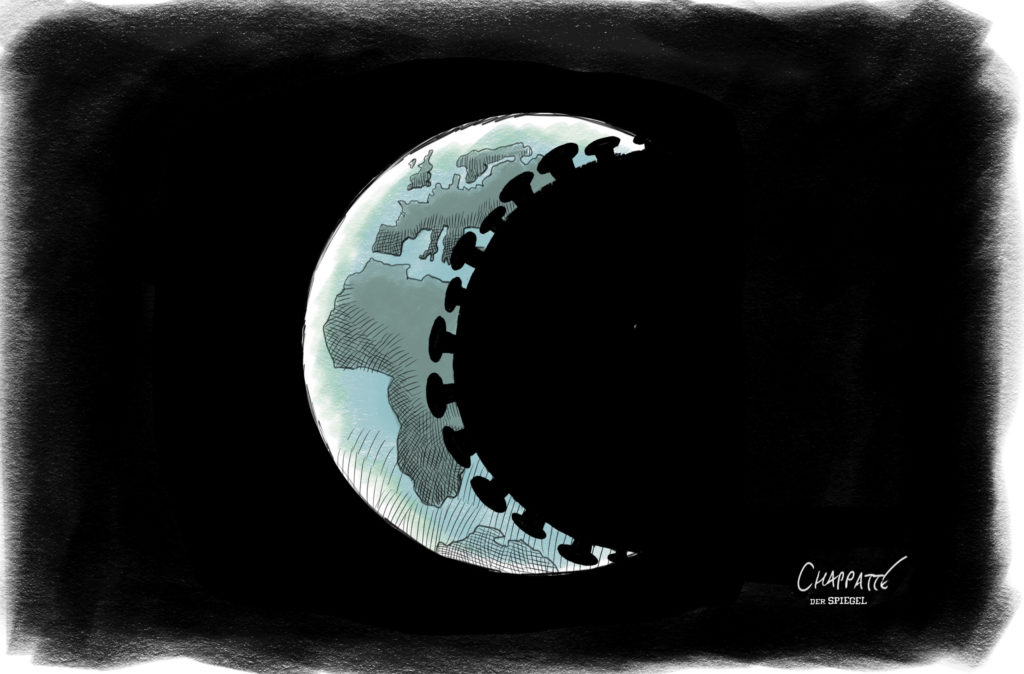Globalisation 4.0: Evolution or Revolution?
What is Globalisation?
Australia (2007–2010), as “the contraction of time and space in international transactions through the platform of new technologies”. Globalization depends on (infra-)structure (roads, trains, shipping, flight routes, cables, ports), geo-climatic factors (global warming), technological innovations (digitalization; green energy, logistics, ITC) and, last but not least, a framework transnational norms. It rests on the twin logic of the acceleration and increase of the volume of exchanges of goods, capital, services, people and ideas, as well as the steady densification of geographic connectedness.
The IMF identifies four basic aspects of globalization: trade and transactions, capital and investment movements, migration and movement of people and the dissemination of knowledge. Further, environmental challenges such as climate change, cross-boundary water, air pollution, and over-fishing of the ocean are linked with globalization. Globalizing processes affect and are affected by business and work organization, economics, socio-cultural resources, and the natural environment.
Proponents of globalization argue that it allows poor countries and their citizens to develop economically and raise their standards of living, while opponents of globalization claim that the creation of an unfettered international free market has benefited multinational corporations in the Western world at the expense of local enterprises, local cultures, and common people. Resistance to globalization has therefore taken shape both at a popular and at a governmental level as people and governments try to manage the flow of capital, labor, goods, and ideas that constitute the current wave of globalization.



